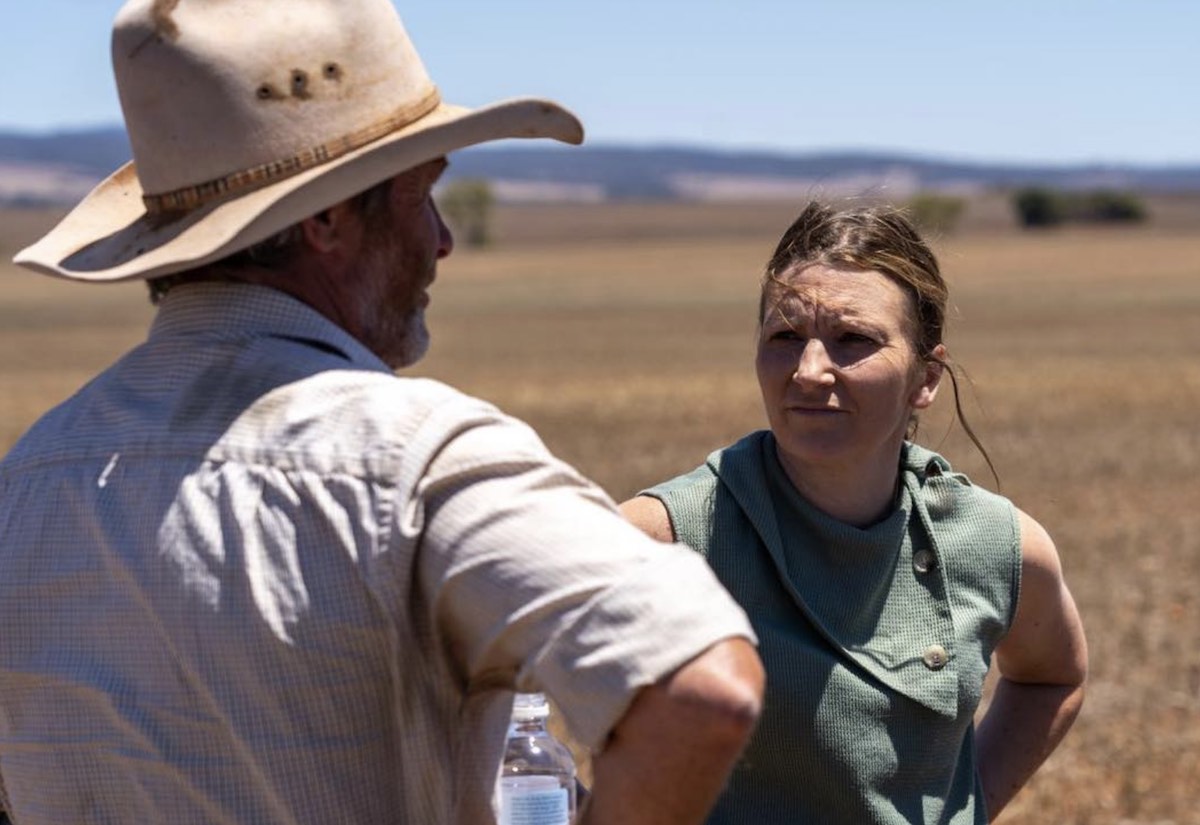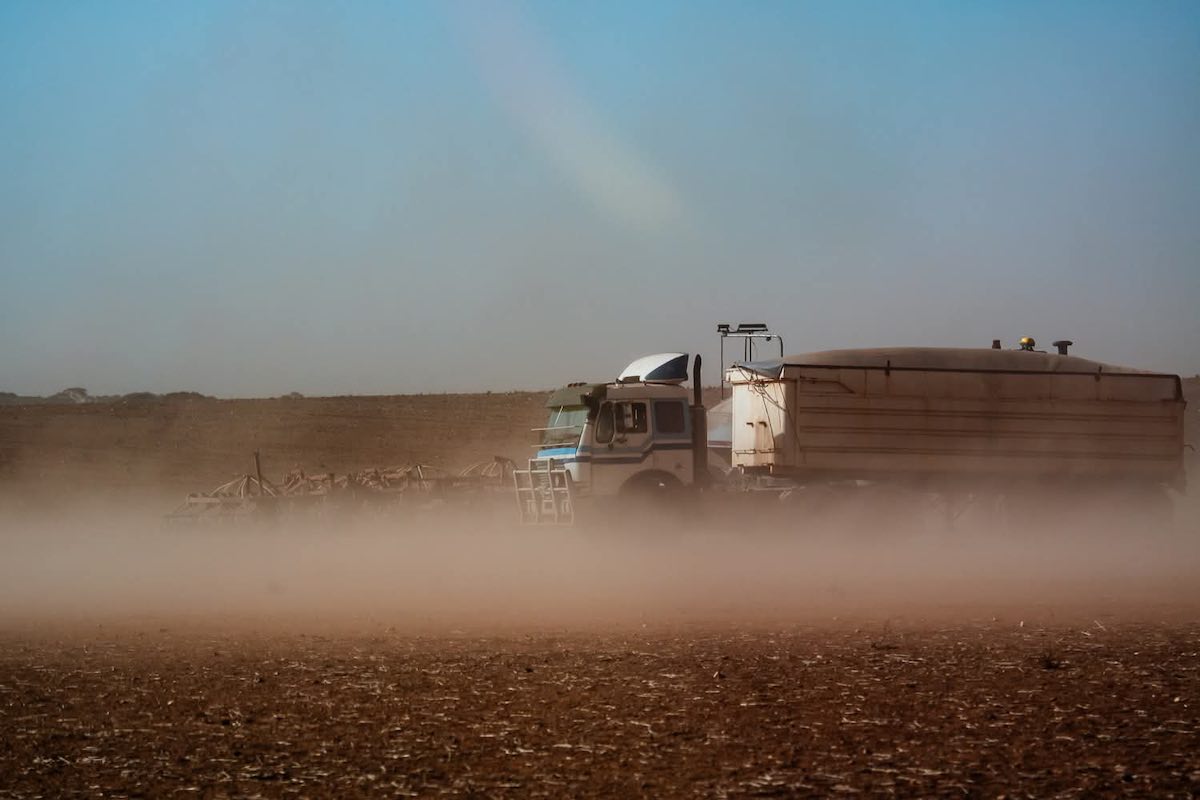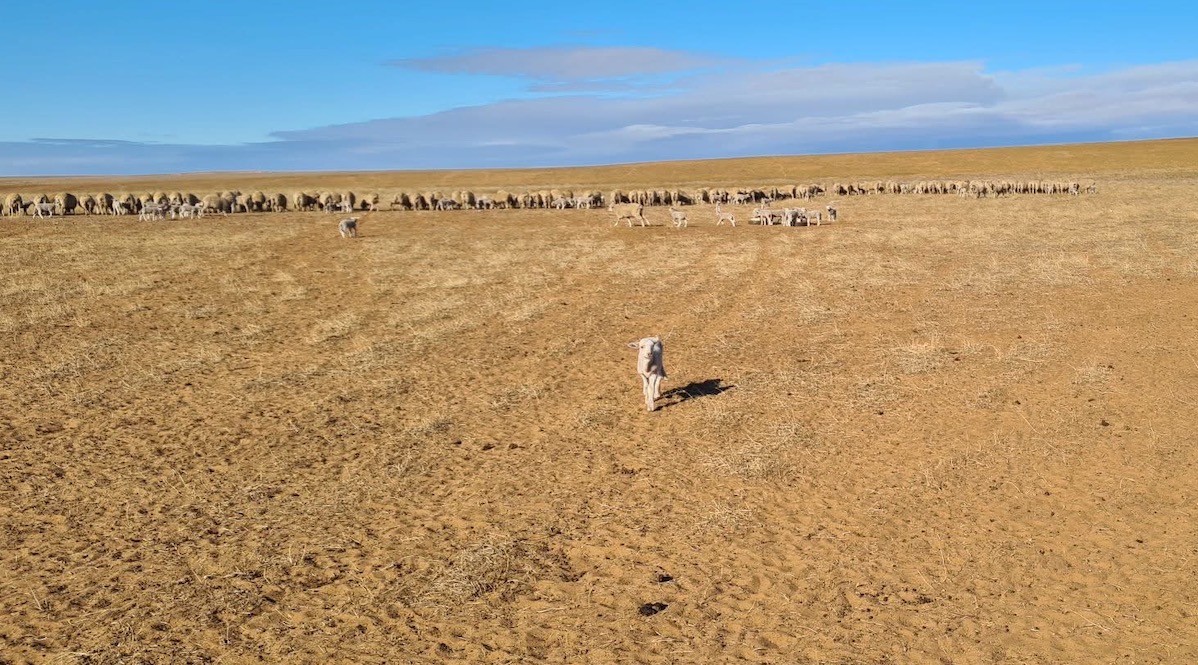Federal Ag Minister Visits SA as State Drought Support Falls Short
Cropping, livestock and dairy farmers across South Australia will finally have the chance to show the Federal Government the full scale of turmoil unfolding in their paddocks and pastures, as Agriculture Minister Julie Collins visits drought-affected regions this week — answering a long-standing call from Grain Producers SA (GPSA).
GPSA Chief Executive Officer Brad Perry said the visit is a welcome opportunity to show the Minister exactly what’s at stake as the drought deepens.
“This drought is worsening fast, and it’s putting enormous pressure on growers’ physical, financial and mental wellbeing,” he said.
While the State Government has pointed to $73 million in drought-related funding, the message from farmers on the ground is clear – “it’s missing the mark”.
Nicola Centofanti MLC, who has been a strong and vocal advocate for regional South Australia, welcomes Minister Collins’ visit and urges her to recognise the scale of the crisis in regional SA, and ensure any assistance offered is not only fit for purpose, but is easy to access.
“Our farmers aren’t asking for handouts – they’re asking to be heard and backed with practical support that actually reaches the ground.” Nicola Centofanti MLC
‘We need to see action that is fast, meaningful, and free from bureaucratic hurdles that too often delay help when it’s needed most.
Support must reflect the urgency and severity of what our farming communities are facing — and it must start with cutting red tape and standing with those who put food on our tables.”
Farmers across South Australia have been calling — loudly and consistently — for the State Government to declare this drought a State of Emergency. Not for the sake of headlines, but because that declaration could unlock real, immediate help.

This wouldn’t just be symbolic — it could unlock or expedite meaningful support like no and low interest concessional loans, council rate rebates, subsidies for fodder transport and water carting, or relief from state government charges not tied to Farm Household Allowance.
While the 2013 National Drought Agreement removed the need for formal declarations to access some types of assistance, a declaration still plays an important role.
It brings public attention, drives coordination between governments, and builds confidence in the delivery of support.”
After extending a formal invitation to the Federal Minister last year, and again after the federal election, Brad Perry said this welcome visit needs to go beyond paddock inspections and focus on the people behind the drought.
“This visit is not simply about inspecting dry paddocks — it’s about understanding the lived reality for grain producers who are confronting failed crops, soaring input costs, and rising debt. Many are now being forced to make incredibly difficult decisions just to remain viable,” Mr Perry said.
“We’ve made it clear to the Minister that we want to work in partnership with the Federal Government to deliver meaningful support that helps keep farmers on the land, protects our export capacity, and supports rural communities doing it tough.”

Among GPSA’s key advocacy points is an urgent review of the Farm Household Allowance (FHA), which has excluded many South Australian producers due to outdated asset thresholds that don’t reflect the modern cost of farming.
“Many producers are asset rich but cash-flow poor. They may own a farm, but that doesn’t mean they have the liquidity to put in the next crop or meet living expenses during a failed season.
It’s time to bring the FHA asset threshold in line with today’s realities and do what it was meant to do: support farming families in hardship,” Mr Perry said.
Minister Collins’ visit will include a roundtable discussion with industry groups. Her arrival comes as early crop reports show patchy germination, dangerously low subsoil moisture, and limited pasture growth across SA — compounding pressure on both grain and mixed enterprises.







